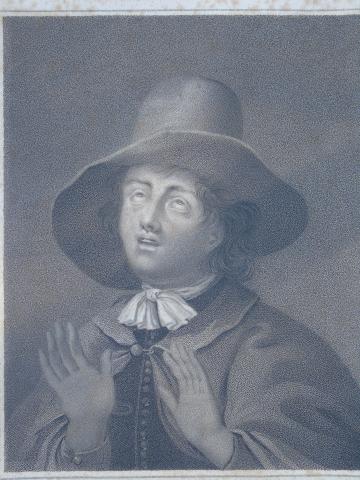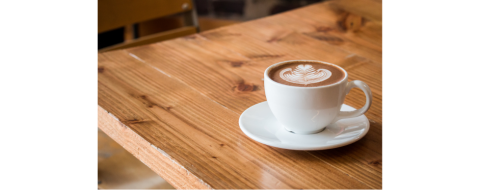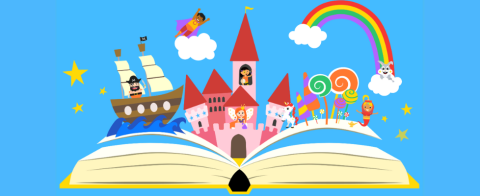George Fox (1624-1691) and the Irish Quaker tradition. Presented by the Friends Historical Library Dublin

Quakerism, a sect inspired by the preaching of George Fox, arose during the religious upheavals of seventeenth-century England. The Society of Friends of the Truth, as they called themselves, attempted to return to the simpler values of the early Christian church. The fundamental belief was that there is that of God in every human being, and that intermediaries, such as priests, between God and man are unnecessary.
The first Irish Quakers came from England in the early 1650s and the exhibition will reflect their history and life since then, showing how this dissenting minority group came to play a significant role in the development of industry and society in Ireland.
In the nineteenth century much of Irish shipping was in Quaker hands. Quakers promoted and funded the Dublin to Kingstown Railway. Names such as Pim, Goodbody, Bewley, Jacob became almost household words.
Quakers were leaders in education for boys and girls and the Irish national school system, set up in 1832, many years before its English equivalent, was based on the Quaker Lancastrian method of education.
The exhibition includes Quaker involvement in social issues including humane treatment of the mentally ill, abolition of slavery, temperance, the Friends Ambulance Brigade in two World Wars, the Mission to Lepers (started in Monkstown Meeting house), female suffrage, the living conditions of travellers, prison visiting, and the environment.
Quakers believe in equality of all humans, regardless of ethnicity or gender. Their commitment to pacifism has, in more recent years, led to mediation during the troubles in Northern Ireland and cross-community reconciliation since. Quakers also have accredited United Nations offices in Washington and Geneva and a house in Brussels, the Quaker Council for European Affairs.
Associated talks series over 5 weeks at 6pm
dlr LexIcon Lab, Level 3
No booking required – All welcome
Launch of exhibition and talk: light refreshments will be served:
Wed September 4: Charles Lamb - Toward Understanding George Fox, his formation and early message, 1624-1654
Charles Lamb: A Quaker with a lifelong interest in George Fox, on whom he has published a number of papers and articles.
Wed September 11: Peter Lamb 'Quakers and the arts'.
Peter Lamb: Specialist in Irish pottery and author of the definitive study on the art potter John French.
Wed September 18: Felicity McCartney 'The Quaker response to the "Troubles" in Northern Ireland'.
Felicity McCartney: Active for years in Community Development in Northern Ireland, she has been directly involved in matters relating to the Troubles.
Wed October 2: Rob Goodbody 'Quakers in the Monkstown and Dun Laoghaire area'.
Rob Goodbody: Quaker historian well-known for his writings on local history and topography, as well as publications on the Famine.
Wed October 9: Clodagh Grubb 'The Quaker contribution to Irish education'.
Clodagh Grubb: A former teacher and author of Samplers, Sewing and Simplicity in Quaker Ireland.
Event Map
53.292419, -6.132268
Events
View all
Comhrá at the Café

LexIcon Storytime











